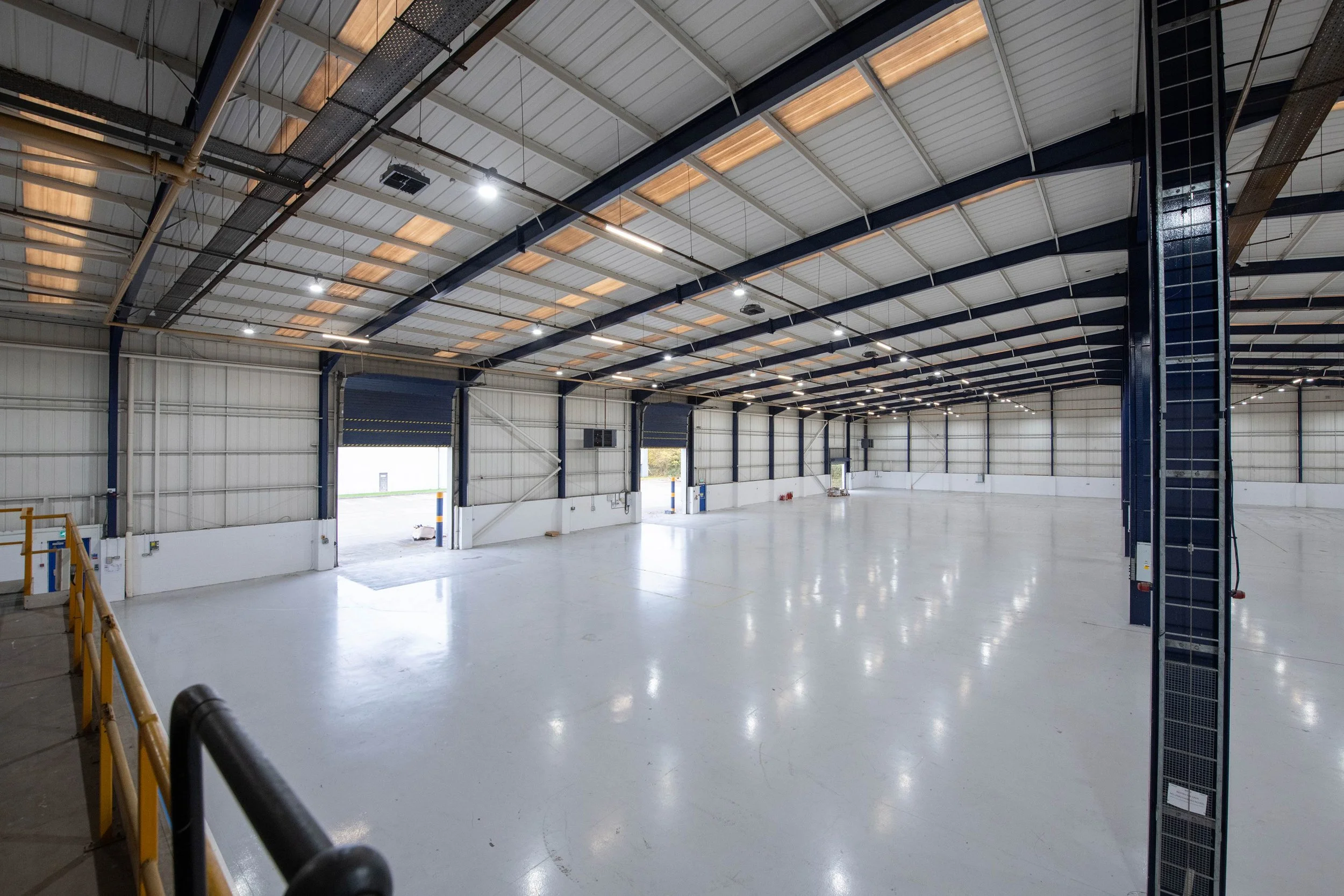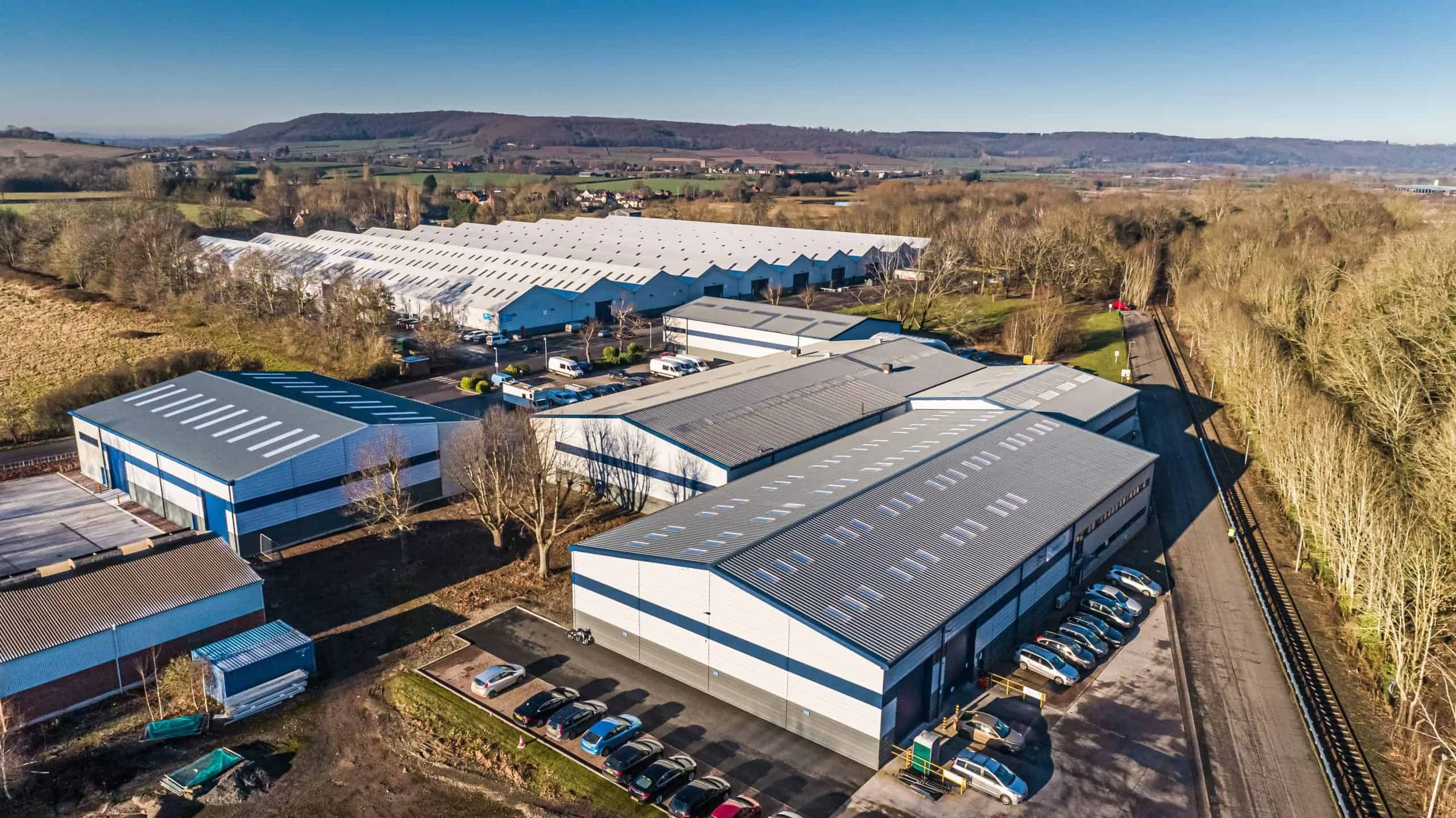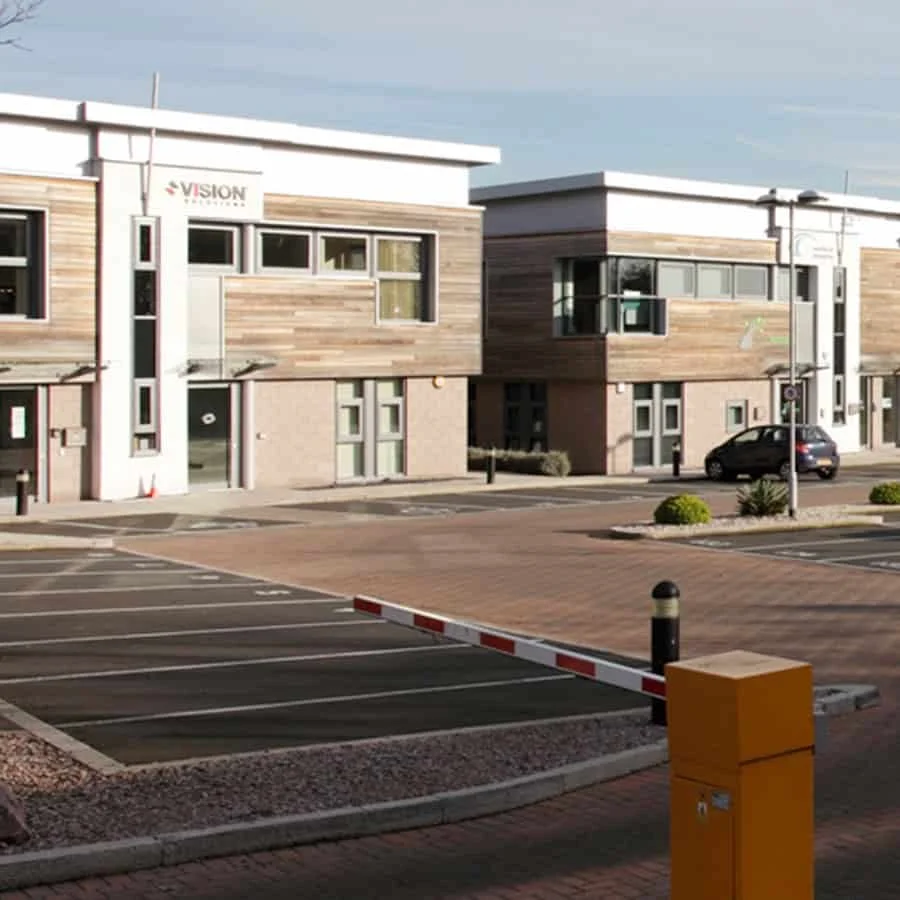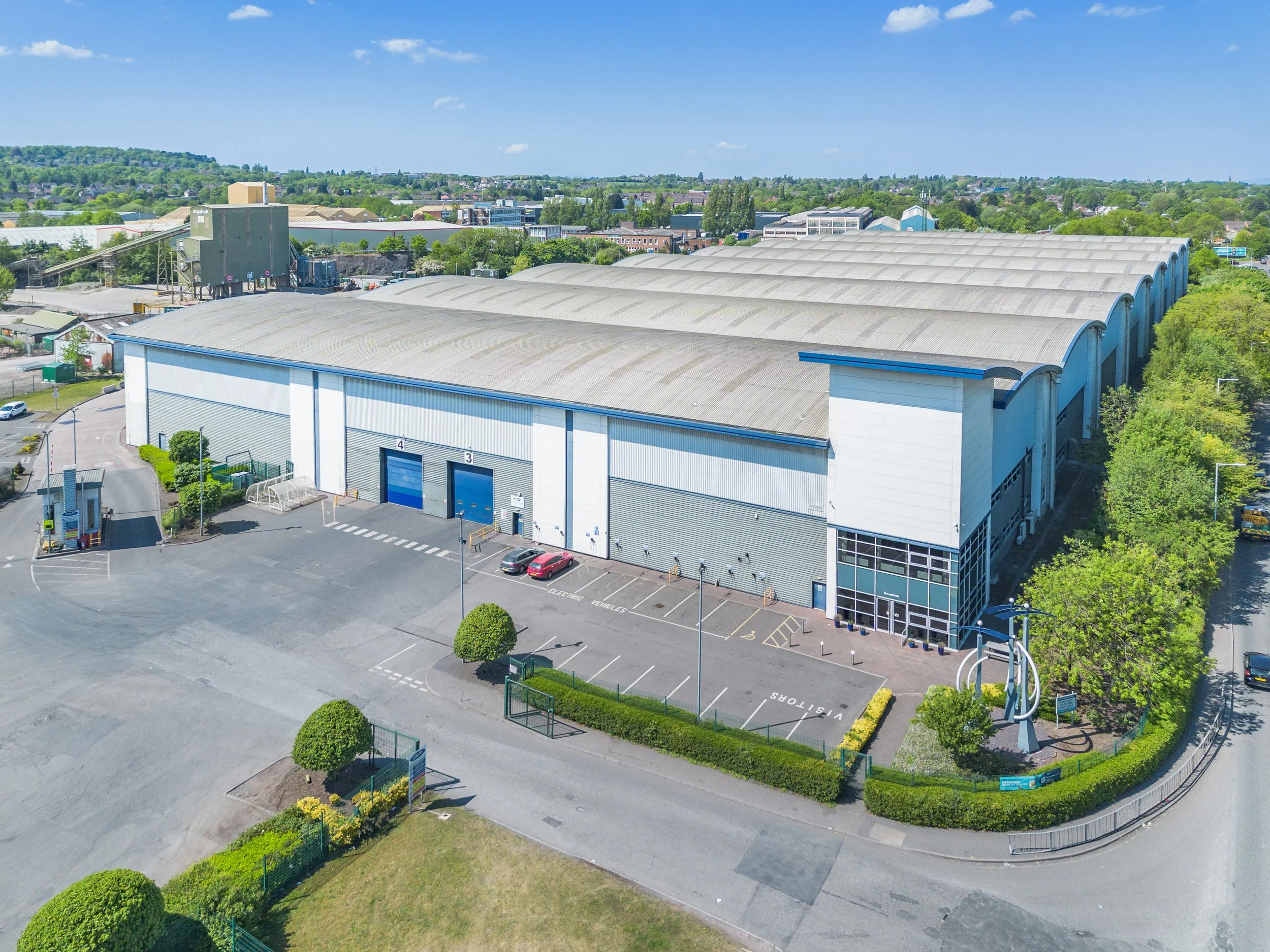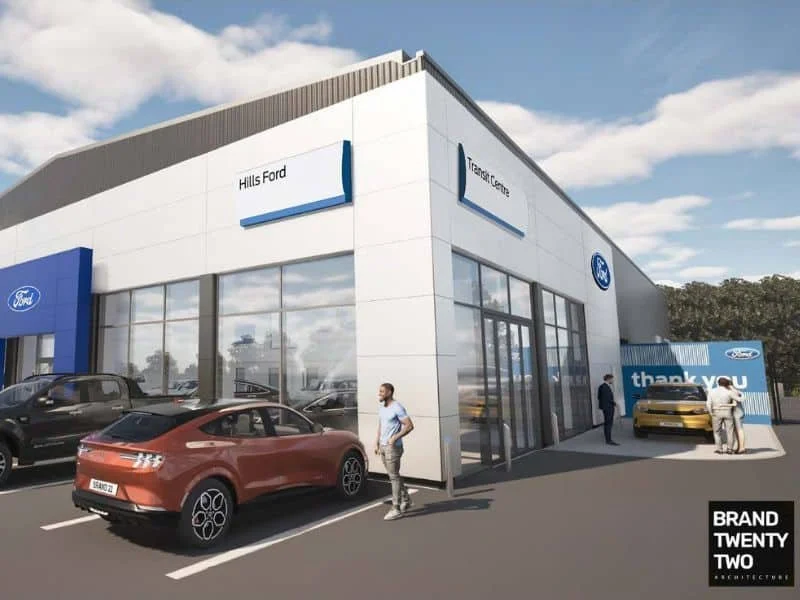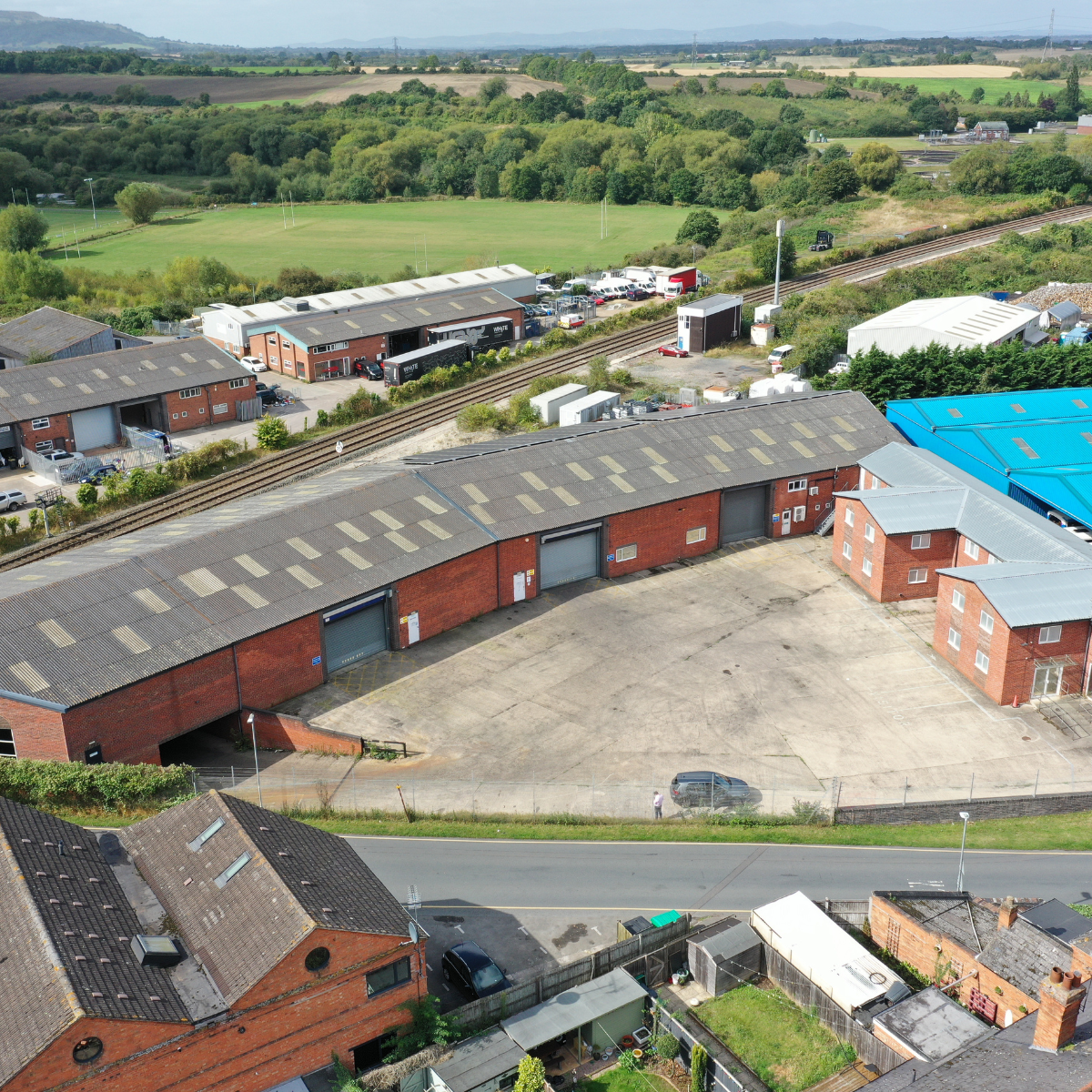News & Insights
Practical Commercial Property Guidance for Sales, Lettings and Acquisitions
Informed perspectives on the issues shaping commercial property across the West Midlands and surrounding areas.
Our News & Insights page brings together market commentary, transactional updates and professional analysis from the GJS Dillon team. From regional supply and demand trends to legislative change and strategic guidance, we share the insights that help owners, occupiers and investors make better-informed decisions.
Stay connected to the conversations influencing the commercial property market and the opportunities emerging within it.
Top Reasons Every Commercial Property Needs a Planned Preventative Maintenance Schedule
A planned preventative maintenance (PPM) schedule is essential for maintaining the value, efficiency, and long-term performance of commercial property assets. Proactive maintenance helps landlords protect investment value, improve tenant satisfaction, ensure regulatory compliance, reduce operational disruptions, and enhance energy efficiency. By supporting sustainability goals and enabling effective long-term budgeting, a structured maintenance strategy safeguards property performance while maximising rental appeal and profitability.
How a Commercial Property Valuation Supports Tenants and Landlords in Today’s Economic Climate
Commercial property valuations provide essential insight for landlords, tenants, and investors navigating today’s economic climate. Accurate valuations help businesses manage rental costs, support effective portfolio management, prevent landlord-tenant disputes, and ensure compliance with RICS Red Book requirements for SIPP and SSAS pension schemes. Understanding a property’s true market value enables informed financial planning and confident long-term investment decisions.
Informed Decisions, Protected Investment: Pre-Acquisition Survey & Valuation of a Listed Office
GJS Dillon were instructed to provide a pre-acquisition valuation and building survey for an adjoining occupier considering the off-market purchase of a neighbouring Grade II listed office building. Initial investigations revealed the property had been in the same ownership for over 40 years and had suffered from prolonged lack of maintenance, presenting significant refurbishment and hidden structural risks. By combining detailed valuation advice with a comprehensive building survey, substantial disrepair and structural failure were identified, with refurbishment costs far exceeding expectations. This integrated, independent advice enabled the client to make an informed decision not to proceed, ultimately protecting them from a potentially costly investment mistake.
We’re hiring - Chartered Surveyor (Landlord and Tenant)
GJS Dillon is seeking a Chartered Surveyor specialising in Landlord and Tenant services to join its Professional Services team in Droitwich. The role involves commercial rent reviews, lease renewals and valuation work, offering flexible working, career progression and professional development within a leading commercial property consultancy.
The changing role of a building surveyor: Why they are essential for commercial property owners
The role of the building surveyor has evolved rapidly in recent years, driven by new regulations, sustainability expectations, technology, and growing pressure on commercial property performance.
2026 predictions for Worcestershire’s commercial property market
John Dillon’s 2026 predictions for Worcestershire’s commercial property market are as follows:
There is still a distinct shortage of commercial property in Worcestershire and the wider west midlands area which will continue to influence rents and capital values.
Safeguard your property with a current Reinstatement Cost Assessment (RCA)
A must for 2026 is to safeguard your property with a Reinstatement Cost Assessment (RCA.) Also known as a building reinstatement cost assessment, it provides a precise evaluation of the cost required to reinstate a property and its contents, after damage, including materials, labour, clean-up etc. This differs from a valuation of the property, which is a researched current market value of the property based on location, size etc. to gain a sale/purchase price.
Seamless Relocation and Fit-Out for Veterinary Practices
A local vet surgery business had grown significantly over the last 18 months, which meant that their current premises was no longer suitable to accommodate the increase in demand for their services. They decided they needed to relocate to larger premises that could support day-to-day operations and future expansion. The priority was to understand what would be required to make the new space work as a modern vets practice and to manage the move without unnecessary disruption.
Protecting a landlord’s position at lease expiry.
In 2023, Moreton Business Park, Herefordshire required a series of Schedule of Condition surveys to document the state of various warehouse units prior to new lease agreements. The goal was to protect the landlord’s long-term asset value and reduce the risk of disputes at the end of leases regarding damage, alterations, or dilapidation claims.
Inheritance Tax Valuation Success: Securing Freehold Ownership to Maximise Commercial Property Value
GJS Dillon were instructed to provide a valuation of a commercial premises in Blackpole, Worcester, for Inheritance Tax purposes.
Comprehensive Commercial Property Management – Stella House, Evesham
GJS Dillon was appointed to provide a complete solution for EPL’s property needs. Our role encompassed pre-acquisition advice, full-scale property management, tenant relations, lease event management, and building consultancy services.
Property Asset Management of Wildwood Triangle Office Development, Worcester
In June 2015, Maximus, a privately owned Worcester-based development and investment company, appointed GJS Dillon to property asset manage the 42,000 sq ft Wildwood Triangle office park. The site comprised five self-contained, modern office buildings near County Hall, Worcester, developed in 2005/06.
Strategic Warehouse Acquisition of 267,066 sq ft, on behalf of Mapei UK Ltd
Mapei UK Ltd, a leading manufacturer of chemical products for the building industry, was experiencing continued growth in the UK and needed a new warehouse and distribution facility near their existing Halesowen manufacturing plant. We guided them through the leasehold acquisition process from offer to completion, ensuring all operational and strategic requirements were met.
Rapid Sale of Industrial Unit in Redditch
GJS Dillon was engaged to market and manage the sale of the industrial Unit 48D Pipers Road, Park Farm Industrial Estate, Redditch. The owners wanted a swift, professional sale with minimal disruption and input from themselves, so that’s what we delivered! We secured an offer above £1 million, completing the sale in under one month from instruction.
Driving Growth: Hills Ford’s New Worcester Showroom Acquisition
Hills Ford, a successful family-run Ford franchisee operating across the West Midlands and Worcestershire since 2009, experienced continued growth and demand in the Worcester area. Already operating two showrooms in Kidderminster and Malvern, they required a new Worcestershire site to accommodate their expanding business.
Cotswold Panel Products Expands with New Evesham Manufacturing Hub
Cotswold Panel Products, based in Evesham is manufacturer of award-winning panel-based furniture. The company needed a site that could accommodate expanded production capabilities, new machinery, and operational efficiency, to support their business growth.
Schedule of condition for Grade II listed building in Cheltenham
Case Study: Schedule of Condition for Grade II Listed Office, Cheltenham
This project involved providing a RICS-compliant Schedule of Condition and building survey for an incoming tenant leasing part of a Grade II listed Georgian office building in Montpellier, Cheltenham.
Given the property’s listed status, historic fabric, and multi-let arrangement, the tenant required clarity on condition, repair liabilities, and future maintenance risks. Our inspection covered internal and external elements, including a drone-assisted roof survey, fire safety considerations, environmental risks, and extensive photographic records to protect against future dilapidations claims.
The building was found to be in reasonable condition for its age, with only typical maintenance items identified. The reporting gave the tenant confidence, legal protection, and a clear understanding of liabilities, supporting informed lease negotiations and future planning.
What is a RICS red book valuation?
A Red Book valuation is not a guess at a properties’ value, it’s a fully researched professional valuation of the property, undertaken by a qualified surveyor. If you require a legally sound property valuation, an online estimate is not sufficient. You will require a visit from a RICS registered surveyor, who understands the property industry extremely well and can provide supporting evidence and a working methodology to calculate the true valuation of your property.
Top ten tips to finding an excellent commercial property management company
This article outlines ten essential tips for selecting an excellent commercial property management company, helping landlords protect their investments while saving time and reducing risk. It explains the difference between basic property management services—such as rent collection, maintenance coordination, inspections, and dilapidations—and a proactive, value-adding management approach.
Key considerations include choosing a local, experienced, and RICS-accredited team, ensuring transparency through clear reporting and real-time communication, and working with a forward-thinking company that understands changing legislation, sustainability requirements, and long-term asset strategy. The article also highlights the benefits of in-house surveying, valuation, and building consultancy expertise, which can deliver cost efficiencies, stronger compliance, and better decision-making.
Ultimately, the right commercial property management company should maximise occupancy, enhance asset value, and give landlords confidence and peace of mind. The article concludes by explaining how GJS Dillon, an award-winning, multi-disciplinary property consultancy, supports commercial property owners across Worcestershire and the wider West Midlands throughout the entire property lifecycle.
GJS Dillon's 15th birthday video
Happy 15th Birthday to us!
Thank you to everyone who has supported GJS Dillon over the last 15 years. We have seen many changes over the years, but from the very start our values have always been integrity, honesty, positivity and teamwork, and this is still true today.

